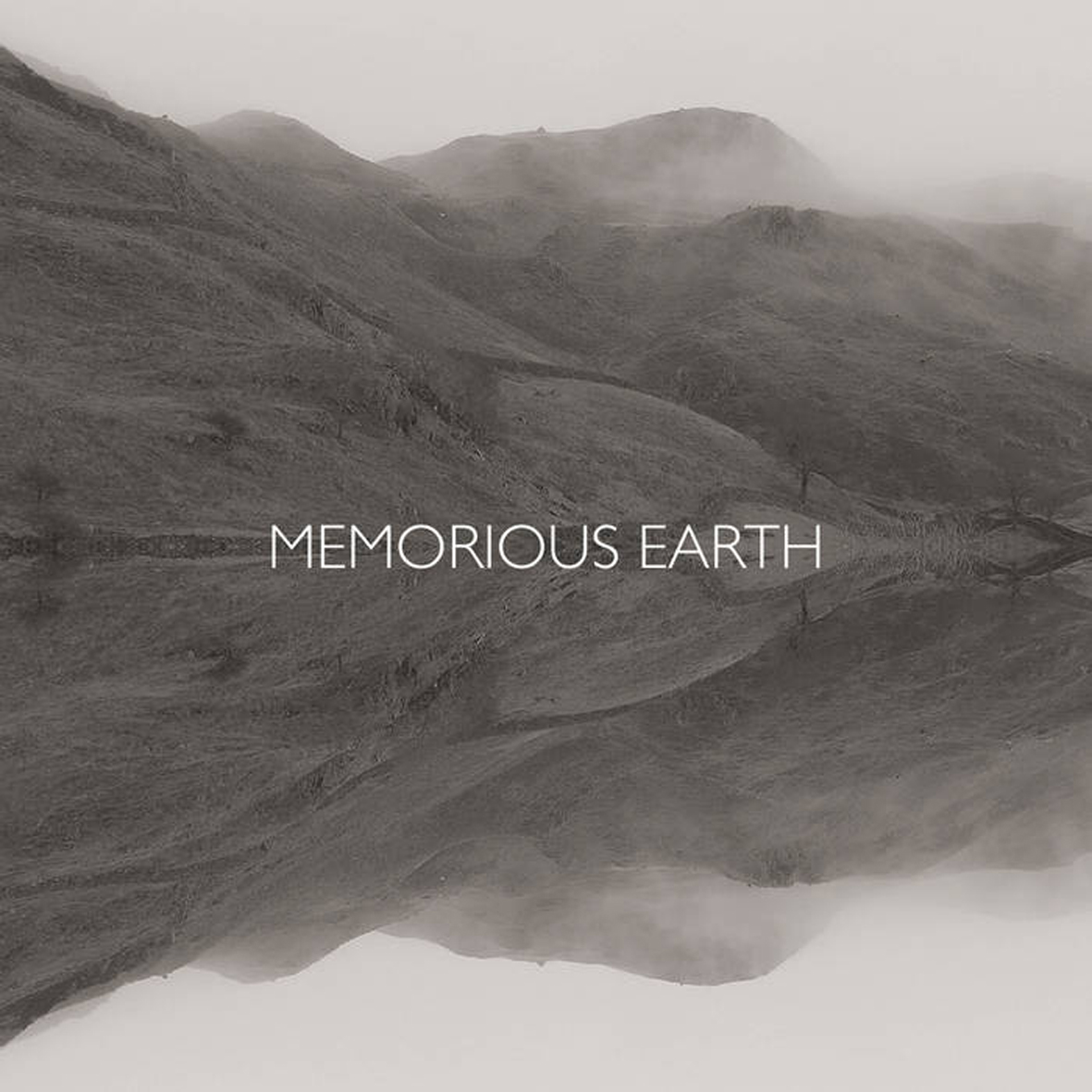
Now thankfully available digitally (lavish packaging means lavish overseas postage rates), Memorious Earth is the film soundtrack from Richard Skelton and Autumn Richardson’s ambitious recent retrospective that involved a gallery show, a book of writings and photography, and (of course) a film.  While I have not seen the film (it was only included in the extremely limited "archive box"), the album works just fine without its intended visual component, doubling down on the long-form aesthetic of predecessor Diagrams for the Summoning of Wolves for a single 44-minute epic with considerably more success.  In fact, this is exactly the Richard Skelton album that the world needed: there are already plenty of wonderful distillations of his prickly, undulating brilliance around, but now there is a mesmerizing and slow-burning expansion as well.
For better or worse, one of the notable (and inherent) side-effects of Autumn and Richard's earthy aesthetic is that they increasingly seem to operate on a time-scale that is considerably more geologic than human.  In the short-term sense, that means that Memorious Earth's "Now This Terrestrial Sea" takes its time to get rolling, unfolding as a subdued and gently pulsing rumble for almost eight minutes before it begins to truly blossom.  In a long-term sense, however, such an approach offers a deliciously simmering build-up of tension for those with enough patience to appreciate it.  In fact, "Terrestrial Sea" feels a lot like the musical equivalent of time-lapse photography, as there is not much transformation at all from instant to instant, but the cumulative effect is ultimately quite powerful.  It also feels a lot like extreme slow-motion footage of a catastrophic act of God like a volcano, earthquake, or tidal wave: an unstoppable creeping force that slowly consumes everything in its path as it swells in power and violence.  A similarly apt metaphor would be a solar eclipse: a dark ominous mass gradually snuffing out all the light from the sky.
As hyperbolic as all that sounds, "Terrestrial Sea" more than backs up any comparisons to overwhelming elemental forces, as it is a masterpiece of engulfing, slow-building, and crushing density that demands to be played at window-rattling volume.  In fact, that is the only real way to fully appreciate Memorious Earth’s immense majesty, as what it offers is minimalism at its most apocalyptic and little else.  There is no real harmonic, melodic, or rhythmic development to be found and there does not need to be–such frivolous fripperies would only be distracting and out of place here.  Memorious Earth is nothing but vibrant texture and earth-shaking primal force executed perfectly: there is a pulse and a rumble and they just relentlessly grow in volume and fury for the better part of an hour.  Well, at least in spirit–there are some timely oases of comparative calm throughout the album, but they only serve to set the stage for future resurgences.  Without those periodic breaks in tension, Memorious Earth's power would gradually become numbing.  With them, however, it continues to make a fresh impact again and again with each new plateau of heaviness.
Aside from being a start-to-finish stellar album, Memorious Earth is also curiously significant for lacking many of the overt traits that previously distinguished the duo's work.  For example, Autumn Richardson’s vocals are nowhere to be found at all.  Also, Richard’s characteristic spray of sharp harmonics is absent (or buried) as well, as is any audible scraping or creaking from his various bowed instruments.  Normally, such a suppression of an artist’s defining characteristics would be recipe for disaster (or at least disappointment), but such a vanishing act seems weirdly appropriate and inspired in this context–it is only natural that such a massive and roiling juggernaut would subsume its creators.  The trick, however, is that only *AR's superficial traits have been erased: their deep understanding of timing, texture, and dynamics has never been more masterfully focused.  This is a stone-cold tour de force.
- Now This Terrestrial Sea (excerpt one)
- Now This Terrestrial Sea (excerpt two)
- Now This Terrestrial Sea (excerpt three)
 
Read More

